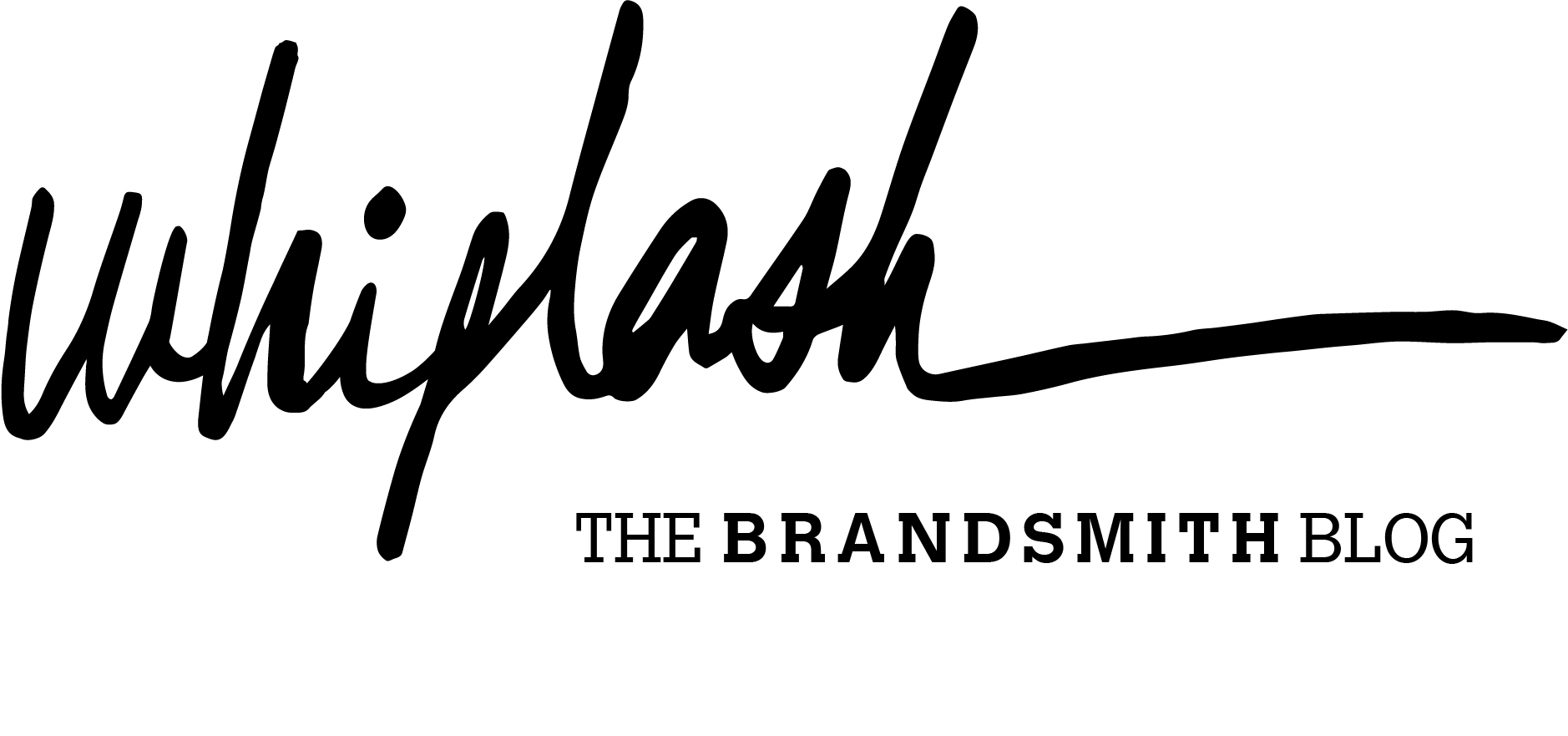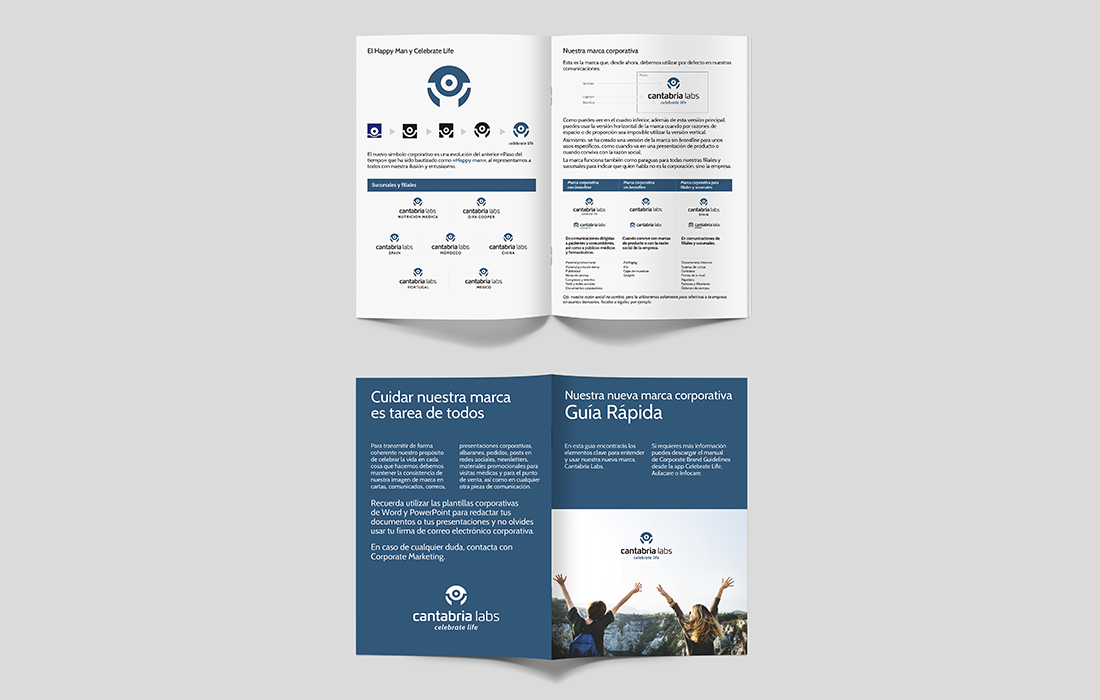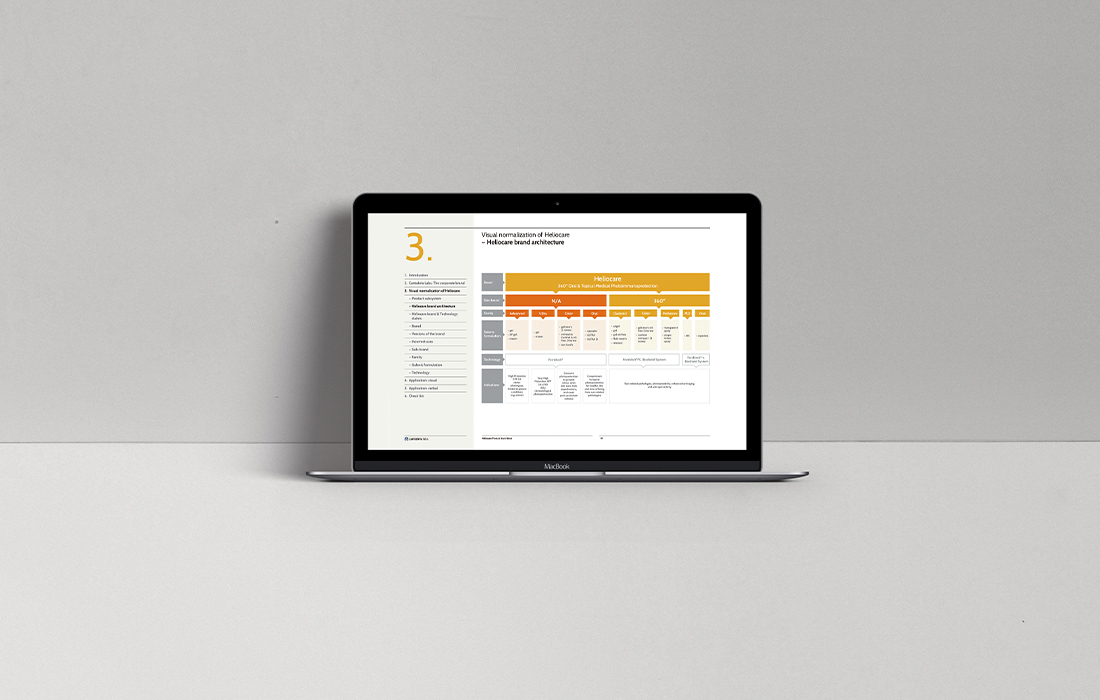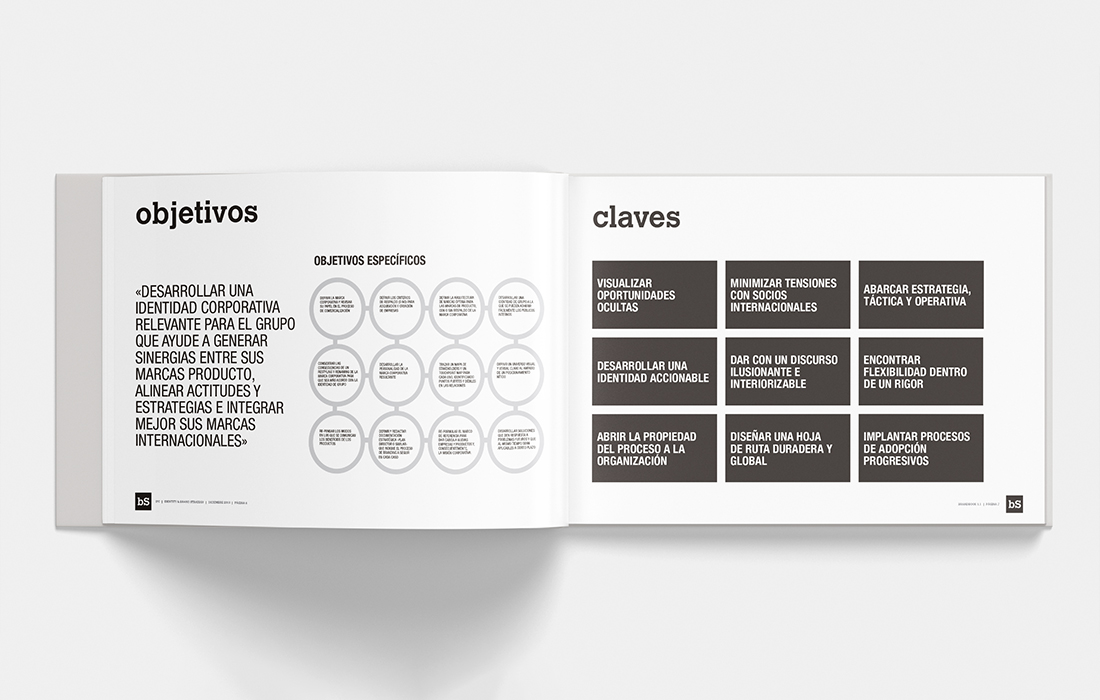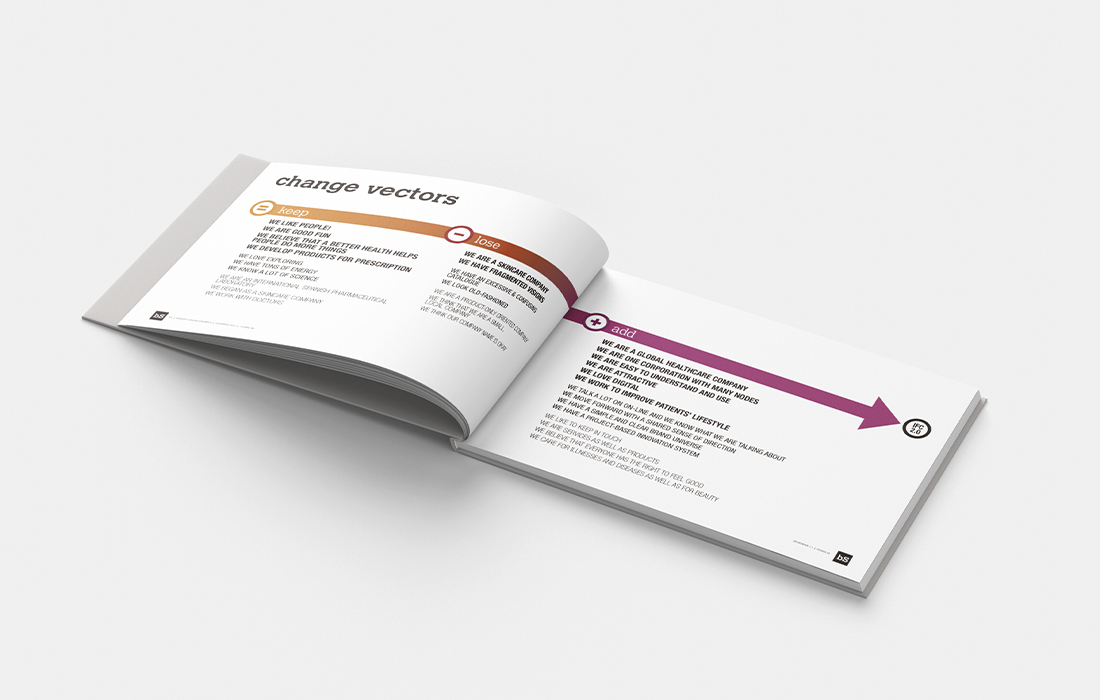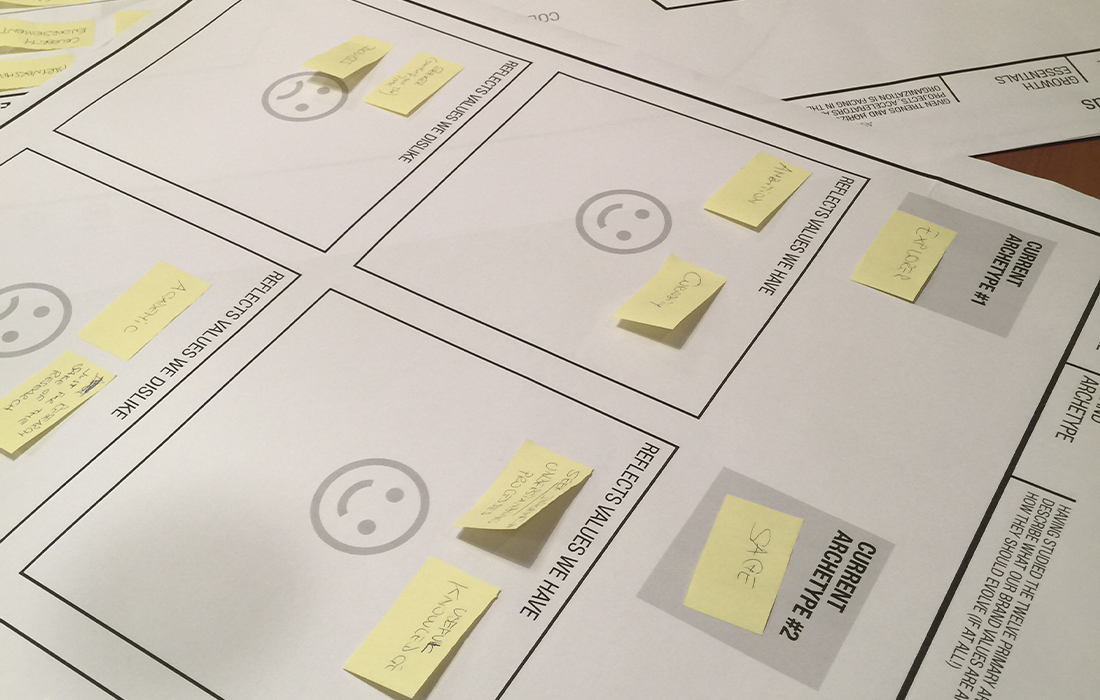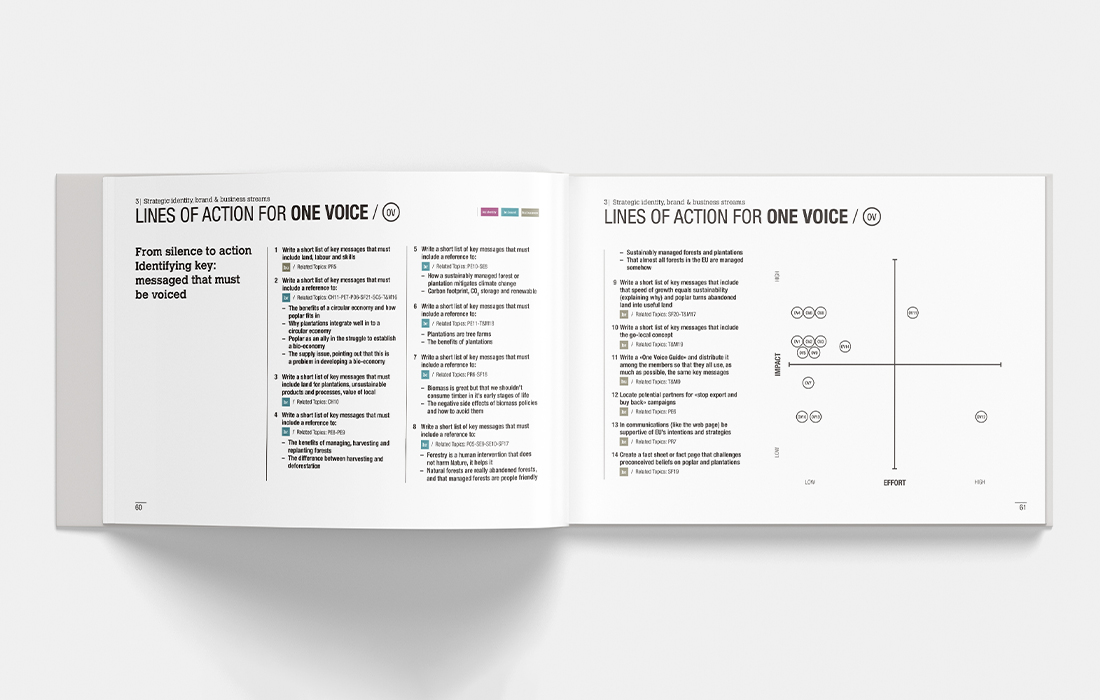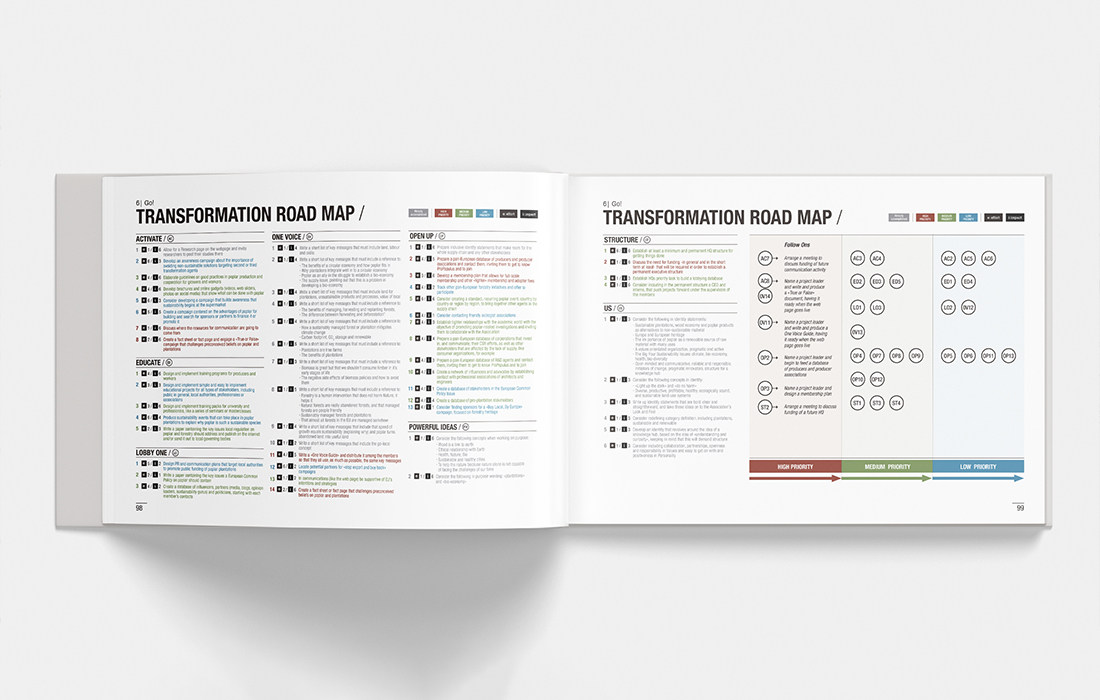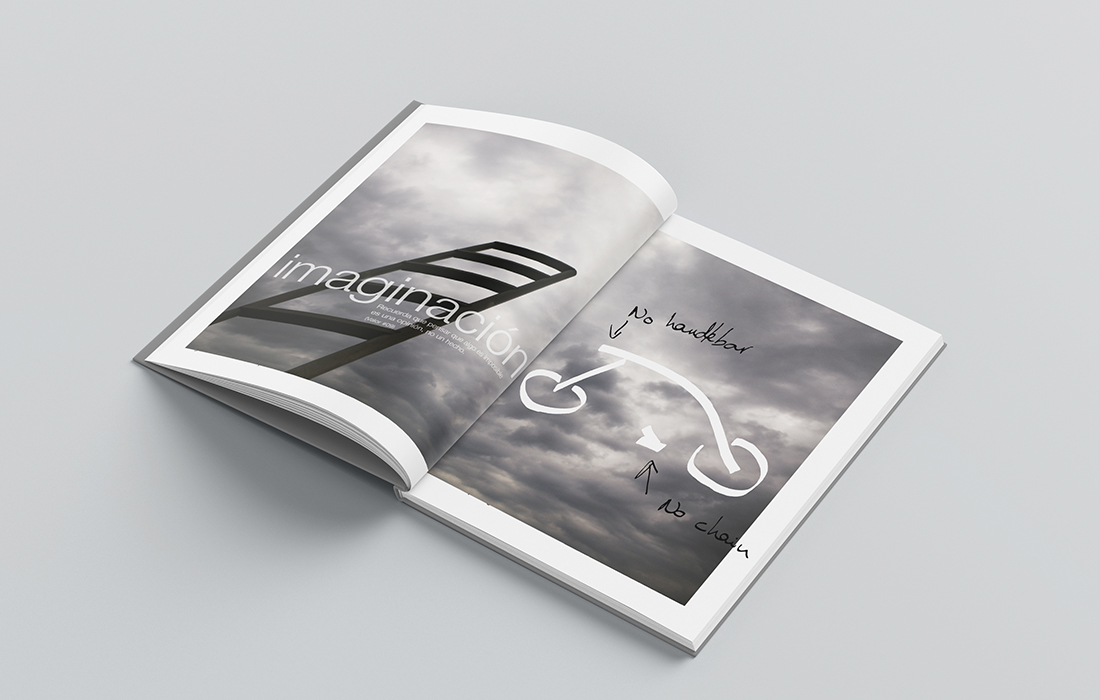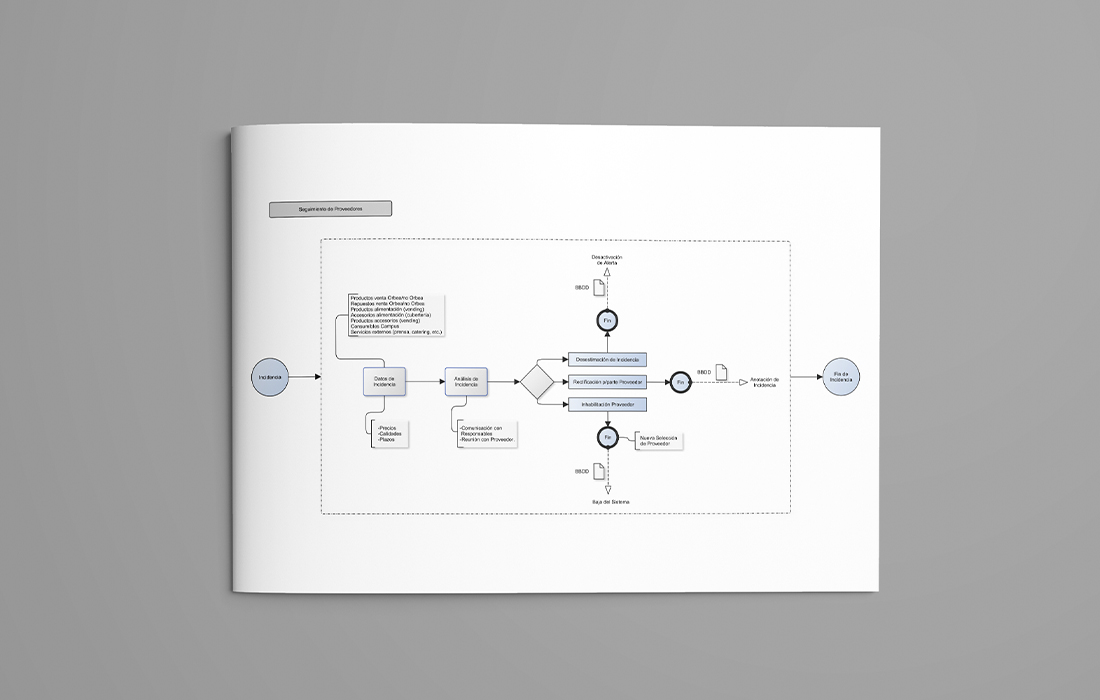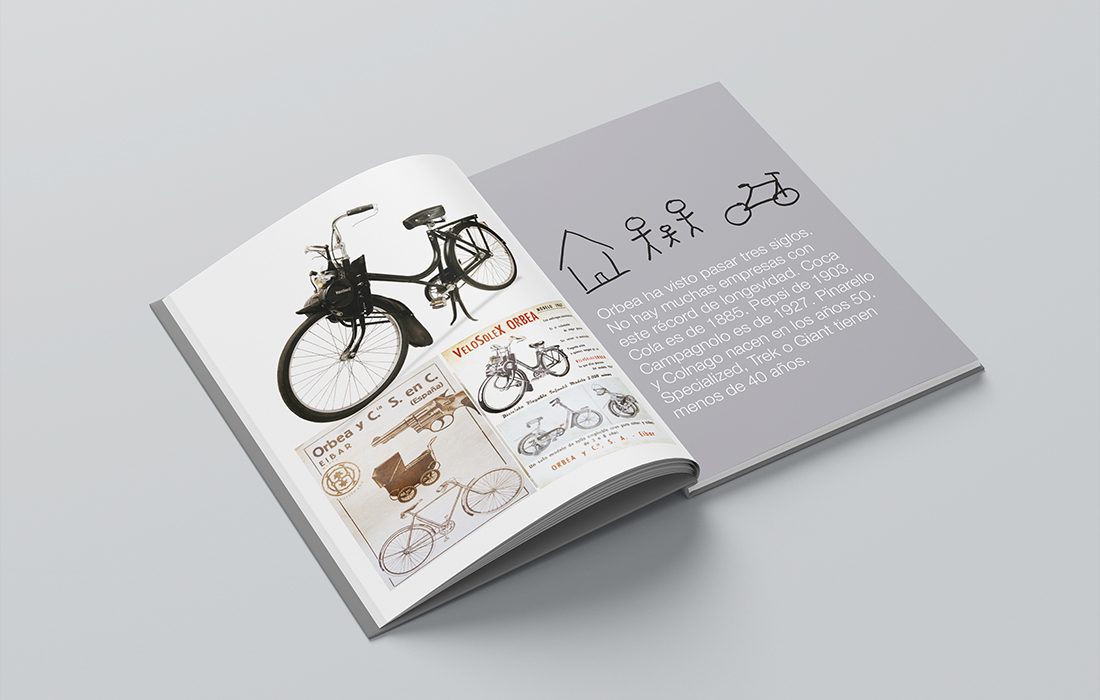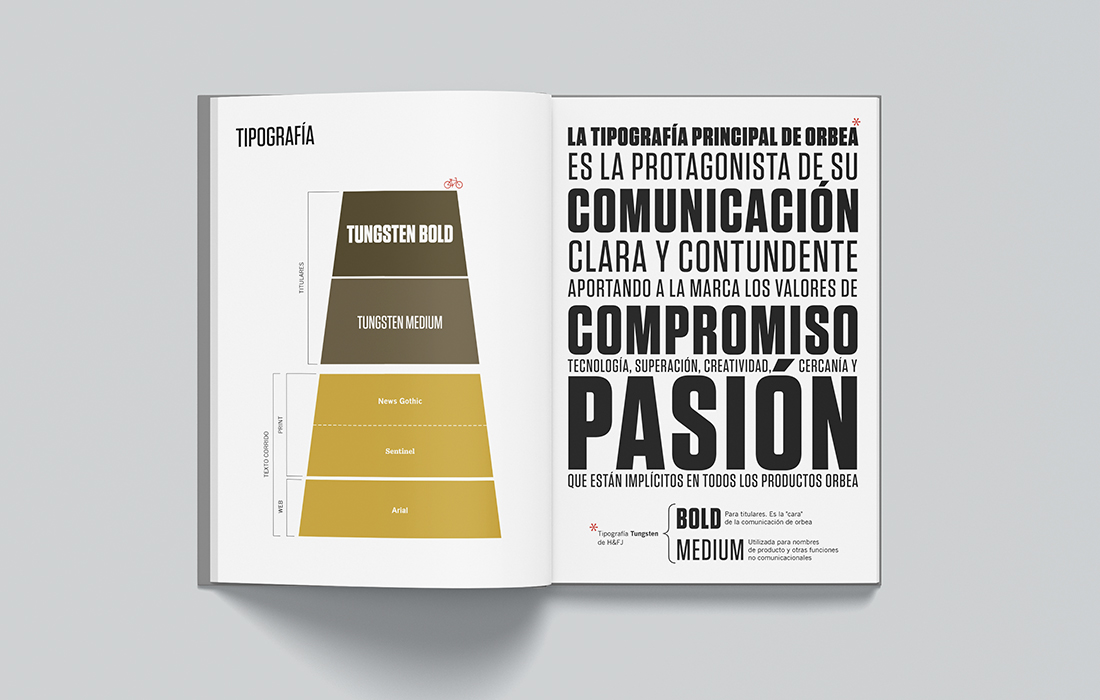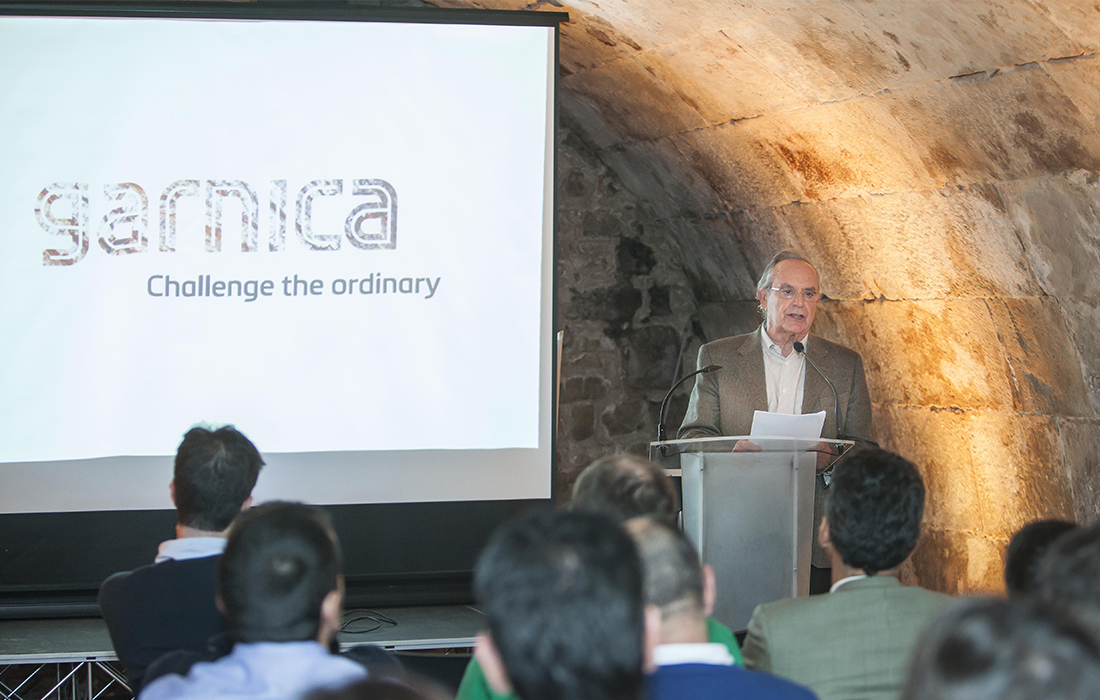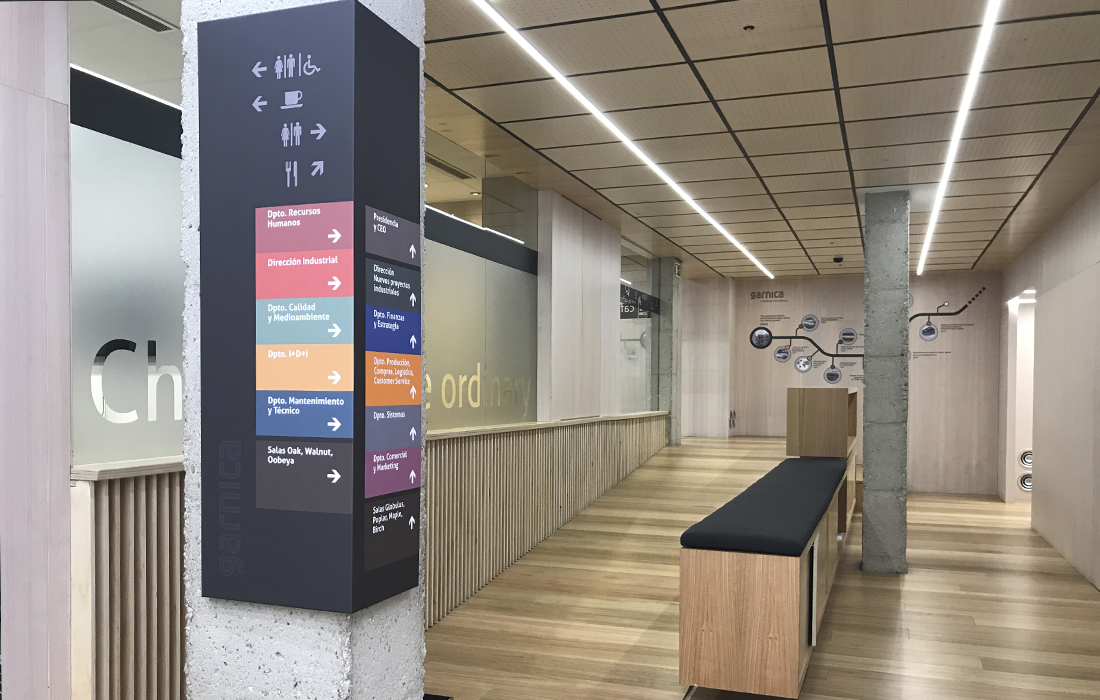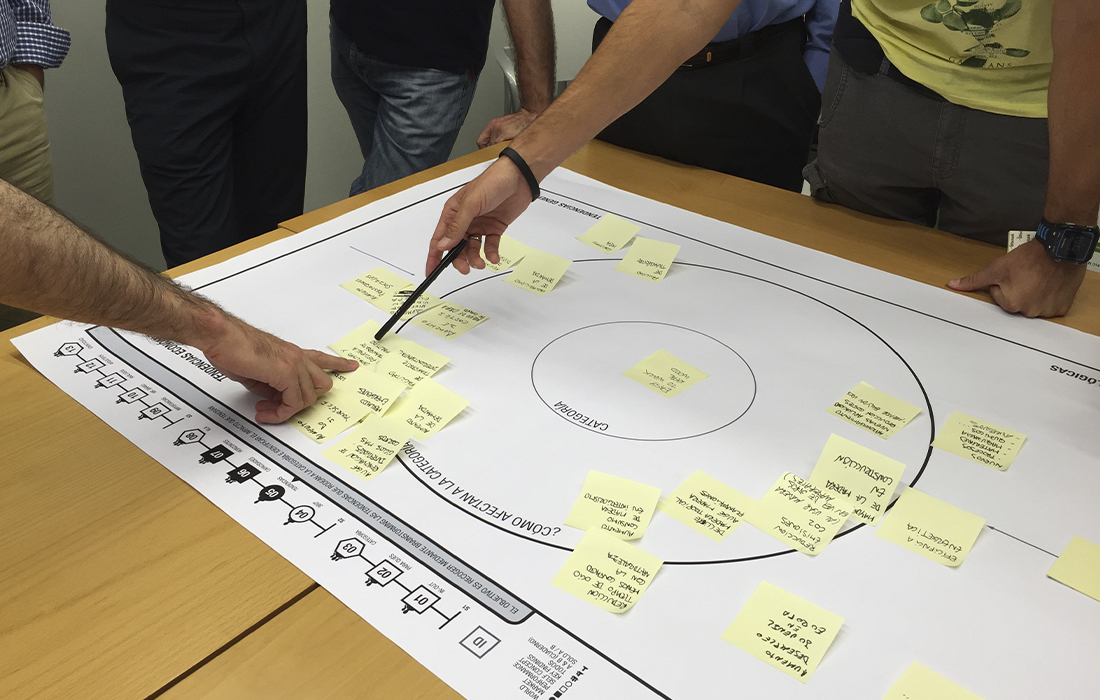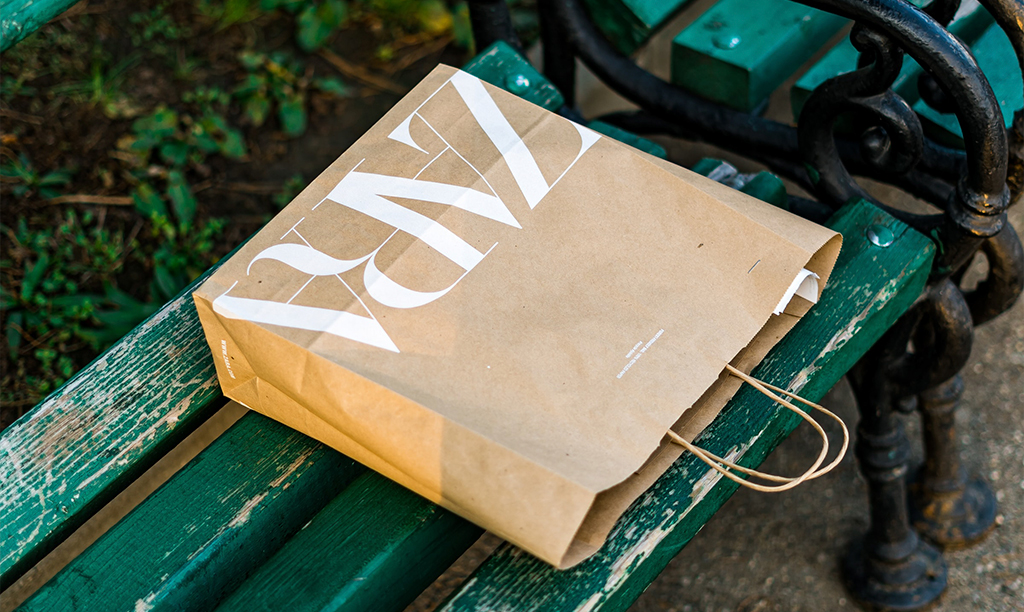
02 Jul Food, ZARA’s new frontier
Whiplash Team, 2nd July, 2021
Food, ZARA’s new frontier
With its appearance this week before the General Court of the European Union to claim the use of its ZARA brand in the food sector, Inditex takes another step in a legal battle of more than a decade with the pasta firm Ffauf Italia.
This week the global fashion giant Inditex has taken another step in the legal dispute it is waging before the EU authorities to register its main brand, ZARA, for use in the food sector. The question is whether it is doing it to shield the brand, or to, indeed, diversify it even more, this time into a sector where the company, founded by Amancio Ortega and directed by Pablo Isla, has not explored before.
At the beginning of May of this year, ZARA launched its cosmetic line, ZARA Beauty, which, although not within the textile sector, is directly related to fashion. It is a collection of 130 cosmetic products developed in collaboration with the prestigious makeup artist Diane Kendal. Previously, in 2003, Inditex launched ZARA Home, the brand’s homeware line whose sales in Spain were worth more than 493 million euros in 2020.
Thus, it would not be unreasonable for the A Coruña company to want to explore the food business, diversifying further an already legendary brand, with stores all over the world. Clothes, household items, makeup, food, all in one place, all under the same umbrella brand, with physical and virtual stores, home delivery and store pickup. It sounds perfect.
Inditex, based in Arteixo, A Coruña, started the fight to register its flagship clothing brand to use it in articles and services related to food, catering and food sales more than 10 years ago. But the path has been full of obstacles.
In March 2010, the group applied for the registration of the trademark for use in the food sector to the European Union Intellectual Property Office (EUIPO). However, it came up against the Italian company Ffauf Italia who opposed such registration, arguing that there was a risk of confusion among consumers with its brand name Le Delizie Zara, registered for the marketing of fresh, frozen and prepared pasta of Italian origin. Since then, the story can be summarized in a coming and going of appeals and oppositions between the two companies.
In 2019 Inditex appealed to the General Court of the European Union a decision of the EUIPO that dismissed one of its appeals. The European Intellectual Property Office indicated at the time that Le Delizie Zara had demonstrated the effective use of its brand for products such as pasta in all its forms, tomato puree, rice, flour, vinegar or juice, confirming that there was a risk of confusion between Inditex’s brand and the Italian brand.
A few days ago, on June 28th, 2021, Inditex took another step in the process by appearing before the General Court of the European Union (GCEU) at the scheduled hearing regarding its claim for the use of the ZARA brand in the food sector. We will have to wait for the decision of the GCEU to see if we will soon have food products on the ZARA menu.
It is not an unprecedented experiment. Other multinational groups, whose main business is not in the food sector, have had some success in venturing into the commercialization of these type of products.
IKEA, the Swedish furniture firm, is perhaps the closest example. Not only through the cafeterias installed in its stores, where Swedish meatballs are one of the most popular dishes, but it also has a division, IKEA Foods, to manage the sale of food. Although at the beginning it was a marginal business within the operation of the Swedish company, in 2017 they realized that 30% of their visitors, on a global scale, went to the stores only to eat.
For the moment, the company run by Isla has not commented on whether they intend to enter the food business. Various analysts point out that the strategy, rather than diversification, is to shield the brand throughout Europe to prevent it from being used in sectors other than textiles or fashion.
The Inditex group, which in addition to ZARA and its derivatives ZARA Home and ZARA Beauty, owns the Pull & Bear, Massimo Dutti, Bershka, Stradivarius, Oysho and Uterqüe brands, has announced that in 2022 it will open 9,000 square meters of stores in the Edificio España in Madrid. The flagship brand will occupy more than 7,700 m2 distributed over four floors, including a basement that will have a warehouse that will provide an immediate replacement service. The other privileged brand will be Stradivarius, which will have more than 1,200 m2, distributed over two floors. In addition, the stores will incorporate both the technological innovations of the physical and online store’s integrated platform, which, the company says, will allow to provide reinforced customer service.
The online platform has proved to be a true lifesaver for the group, which in its fiscal year 2020-2021 (from February 1st, 2020, to January 31st, 2021) recorded a net profit of 1,106 million euros), 70% less compared to the previous year due to the impact of the coronavirus. In that period, when 100% of the stores were closed or with restricted capacity and hours, the company’s sales through its global online platform soared 77%, reaching 6,600 million euros. Currently, the eight brands are already available online in 216 markets around the world, 91 of which have a physical and online store’s integrated platform.
In any case, Inditex has the capacity and the muscle to diversify and explore new spaces, such as food. Above all, considering the results of the first quarter of 2021, when it registered a net profit of 421 million euros during the first quarter of its fiscal year 2021-2022 (between February 1 and April 30), compared to losses 409 million in the first quarter of 2020.
Whether we will see ZARA food products or not, or cafeterias integrated into its stores, will depend on the one hand, on what the GCEU decides, and, on the other, on whether it is a strategy to protect the brand, or the group truly proposes to transform ZARA into a brand where everything fits. The move is not without risk, but the giant in A Coruña has not stopped growing, expanding, and surprising since its foundation in 1963. For the time being, we’ll have to settle for clothing, household items and makeup.

